Men don't cry? – Stories of male victims of domestic violence in Azerbaijan
Male victims of domestic violence in Azerbaijan
“The most difficult thing for a father is not only being beaten in front of a child, but the child’s look of compassion.”
These are the words of Renat Abdullaev (fake name – ed.), divorced due to the violence he experienced.
- Azerbaijani activists propose tougher punishment for domestic violence
- Is there a way to end domestic violence in Azerbaijan?
- Turkey nixes Istanbul Convention on prevention of violence against women. Why and what does this mean?
Renat Abdullaev married his beloved in 2016. At that time, Abdullayev worked as an accountant in a private company, but two years after his marriage he lost his job. In parallel with financial difficulty, he started having trouble with his wife.
“My wife got a job in a restaurant in 2018. The burden of financial security at home already lay on her shoulders. I couldn’t find a job and my daughter was small, so I had to look after her. After a while, disputes began between me and my wife. I was under a lot of psychological pressure. ‘What kind of man are you if you don’t bring money home?’ I probably heard this sentence a hundred times a day,” Abdullaev says.
“Daddy, why do you let mommy hit you?”
He says that all the arguments took place in front of his daughter:
“Our daughter grew up with the sound of her mother’s screams. When she child was four years old, my wife hit me twice in the face. I wanted to hit her back but didn’t. After that, my daughter hugged me and cried, and at night she said: “dad, mom is bad, she beats you,” and she complained about her mother. The psychological violence, which lasted two years, was replaced by physical violence.”
While still married, Abdullayev turned to a psychologist about the violence. But the psychologist dealt him a second blow:
“I grew up in a peasant family, where they always said that a man should not cry, he should be strong and bang his fist on the table. In spite of that, for the sake of my daughter, I decided to turn to a psychologist. I told him about the experience, and he answered literally as follows: “Well, what kind of man are you?” I paid for the session and left. Then I started looking for shelter, I thought maybe there is a place where I could stay with my daughter. Nothing. Those who knew about the beatings no longer considered me a man. Then I spat on this Azerbaijani system. Resigned to fate,” Renat laments.
In June 2021, Abdullayev’s wife left the house. After the official divorce, Renat began working as a tailor.
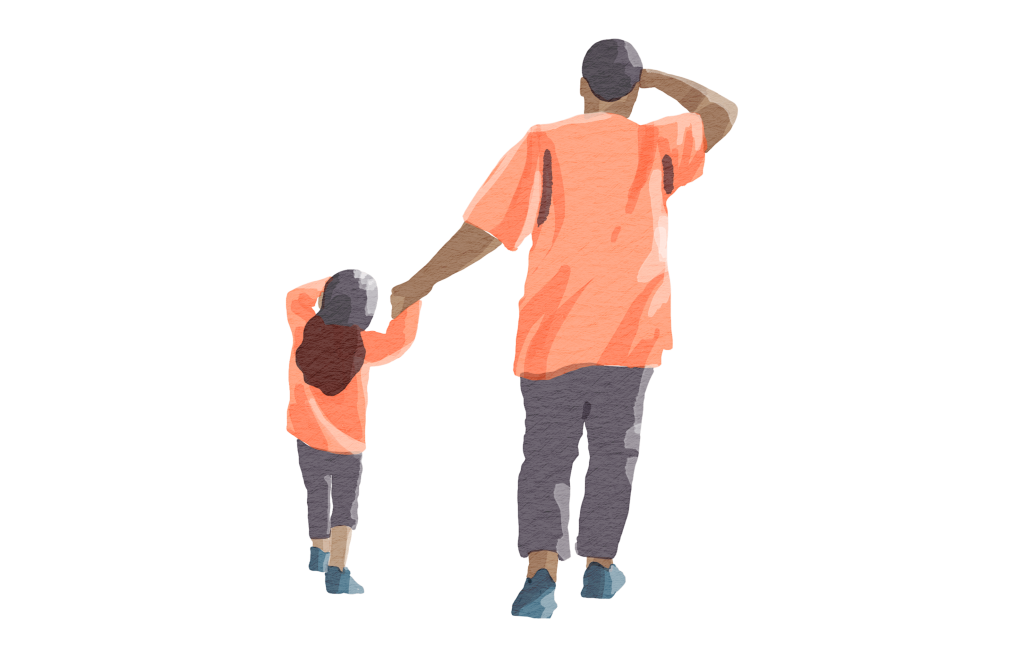
His daughter is now six years old. When she asks him why he lets her mother hit him, Renat still cannot find an answer.
“Society, government agencies, even my daughter considered me guilty for being hit. Although obviously it was my wife who was guilty. Unfortunately, to this day, no one wants to understand this,” he adds.
Renat Abdullayev is not the only man to besubjected to violence in Azerbaijan. When we talk about domestic violence, women are the first to come to mind, but it also happens that men are abused.
What do the numbers say?
In 2022, there were reports in local media of at least ten men being stabbed by their spouses.
In 2021, 438 men committed suicide in Azerbaijan for various reasons.
According to the State Statistics Committee, in 2021, 331 men suffered from domestic violence, while in 2020 this figure was 313.
On August 1 last year, the department of “Social Rehabilitation of Persons Victims of Domestic Violence” of the Social Services Agency under the Ministry of Labor and Social Welfare of the Population opened. But during one year of activity, not a single appeal from men was received.
In the first six months of 2022, the support line for gender-based violence of the State Committee for Family, Women and Children received 125 appeals, fourteen of them from men. Some of them are married.
According to the State Committee, men face psychological, physical and sexual abuse, as well as illegal economic restrictions.
“For example, a woman takes away a man’s pension, interferes with his rest, puts psychological pressure on him, and so on. Sometimes elderly and sick men are beaten by women. Naturally, in addition to all of the above, cases of domestic violence depend on the personal qualities of each person. The department received complaints from men who were not allowed home by women, were not allowed to use their own things, were threatened, falsely accused, and allowed limited communication with their own children,” the committee noted.
“If I didn’t leave the country, I would have committed suicide”
Alim Taghizade is another victim of domestic abuse. Tormented by psychological abuse in the family, he left the country and now lives in a shelfter for men abroad.
“Due to lack of finances, the family did not want me to study. I earned my way through college. I was not financially dependent on my family. My mother put pressure on me – “the sons of others study for free”, “the son of such and such earns 1,000 manats [about $600] a month”, these words almost drove me to suicide.
“And then she hit me with a belt for arguing with her lover, which ended with my leaving home. I sought asylum Baku, found nothing, then went abroad.
“They still do not know my exact address, but here I found psychological support and settled in a shelter. If I had stayed in Baku, I probably would have committed suicide,” Tagizadeh says.
“Families dominated by father or mother are not successful”
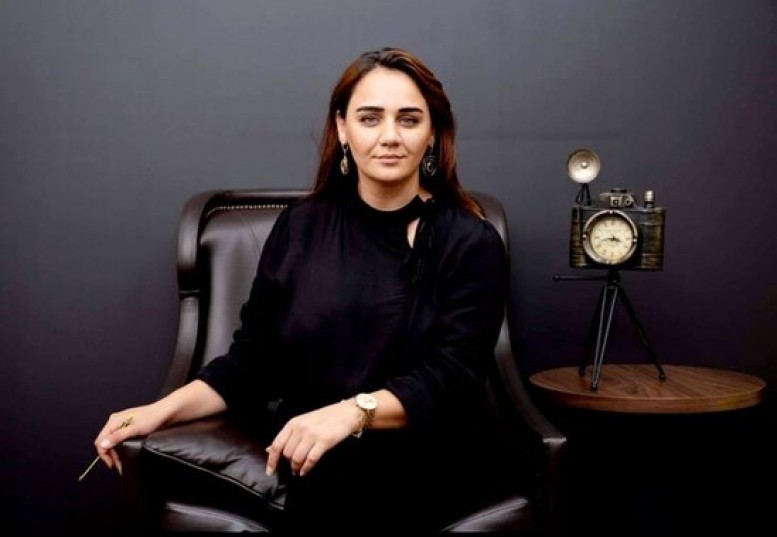
According to psychologist Afsana Rustamova, such cases occur in families dominated by women:
“Certain women witness violence in their family. They thinl that if they aren’t the ones beating, they will be beaten.
“Children cannot be brought up properly when one side of the family is dominant.”
Rustamova believes that violence against women and men is harmful to civilized society.
“Sometimes the men become an object of ridicule. People, as if justifying this, say that it is better to let men be beaten than women. But this is not a topic for jokes,” she says.
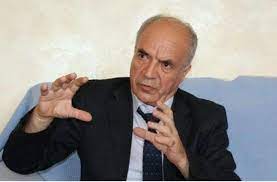
And according to sociologist Ahmed Gashamoglu, when the number of men subjected to violence increases, society begins to disintegrate morally:
“The number of such cases is growing because the necessary work on the institution of the family in Azerbaijan is not being done. Once upon a time, foreign organizations undertook projects in Azerbaijan. Women were told about democracy, freedom, but they forgot about men. This was a mistake.
“Our society has evolved based on male pride. And these days, many men do not have work. For this reason, at home, women come to despise their men. This is an abnormal condition formed in our families.
“This country needs to change its family policy. We must direct our efforts to ensure that there are normal, harmonious families in society. Man and woman should complement each other.”
Are there shelters for men in Azerbaijan?
According to information from the State Committee for Family, Women and Children, in order to prevent discrimination, there are no special departments or shelters for men who are abused, and at present this is not on the agenda.
“The domestic violence legislation in Azerbaijan does not separate by sex and uses the general definition of “a person who has experienced domestic violence.” Social services for victims also operate on these bases,” the department noted.
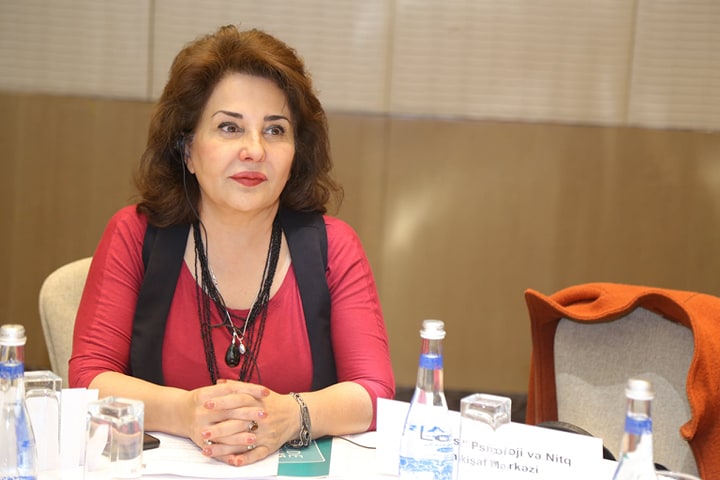
Mehriban Zeynalova, chairman of the Təmiz Dünya (“Clean World”) Public Union for Helping Women, believes that it is worth thinking about the issue of shelters for male victims of domestic violence in Azerbaijan, if the facts of domestic violence against them are already given at the official level.
“A man being beaten by a woman in the family is not common. But such cases, although rare, do occur. Along with women, there are cases were men in the family are hit by their own children. This is also violence, and it would be good if there were an address that people who have experienced abuse can visit.
“But it is also known that the mentality and stereotypes do not allow men to talk about domestic violence. So it is difficult to say whether such shelters for men, if any, will be turned to.”
How about abroad?
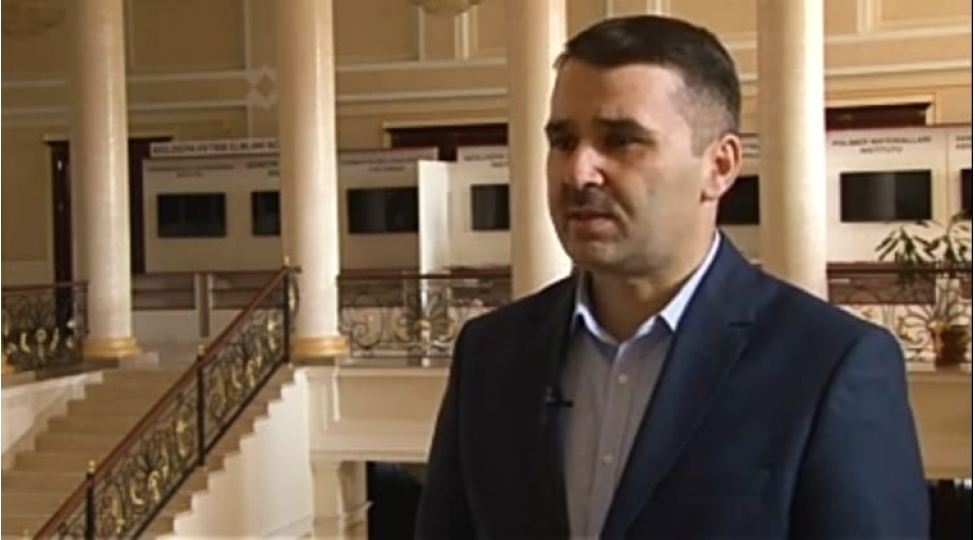
Sociologist Rashad Askerov says that in European countries, due to the large number of male victims of abuse, there are shelters. He says there will be no need for asylums for men in Azerbaijan in the next five years.
“Our shelters are not segregated by sex. Usually in prisons, correctional colonies, women are separated from men. And in social shelters men, women and children live. There are just separate rooms for them. In our country, as usual, elderly children, children left without attention, as well as children without parents, turn to such places,” he says.
Currently, shelters for men who have been victims of domestic abuse operate in Turkey, Switzerland, the USA, Germany, Canada, and the Netherlands.
“The law does not divide victims of violence into men and women”
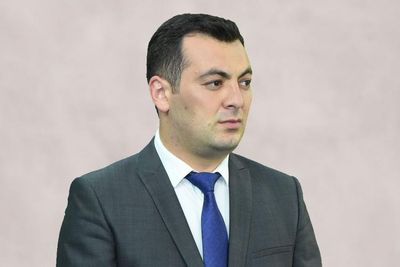
Lawyer Shamil Pashayev noted that domestic violence should be universally recognized as not an intra-family issue.
“Azerbaijan’s domestic violence law, adopted in 2010, regards these actions as ‘intentional physical or moral harm by one person upon another in close family relationships, cohabitation, or such in the past.‘
“As can be seen from the law, men, women, and children can be victims of domestic violence. Depending on the degree of damage sustained by victims of abuse, the guilty party may be held criminally or administratively liable,” the lawyer noted.
Article 158 of the Code of Administrative Offenses is applied exclusively in violations of legislation on the prevention of domestic violence. According to this article, the application of illegal restrictions of an economic nature on a domestic basis, i.e. depriving a person of property and income that is at his disposal or use, creating conditions for material subordination and sequestration, as well as abuse of such a position, is punishable by a fine of 100 to 300 manats [about $60-180].
The second part of the same article stipulates a fine of 300 to 500 manats [about $180-300] for domestic psychological violence.
If the actions of the perpetrator of domestic violence do not constitute a criminal offense, but the rights of the victim are violated, this person may be issued a warning not to repeat similar acts, and the victim may be provided with a restraining order.
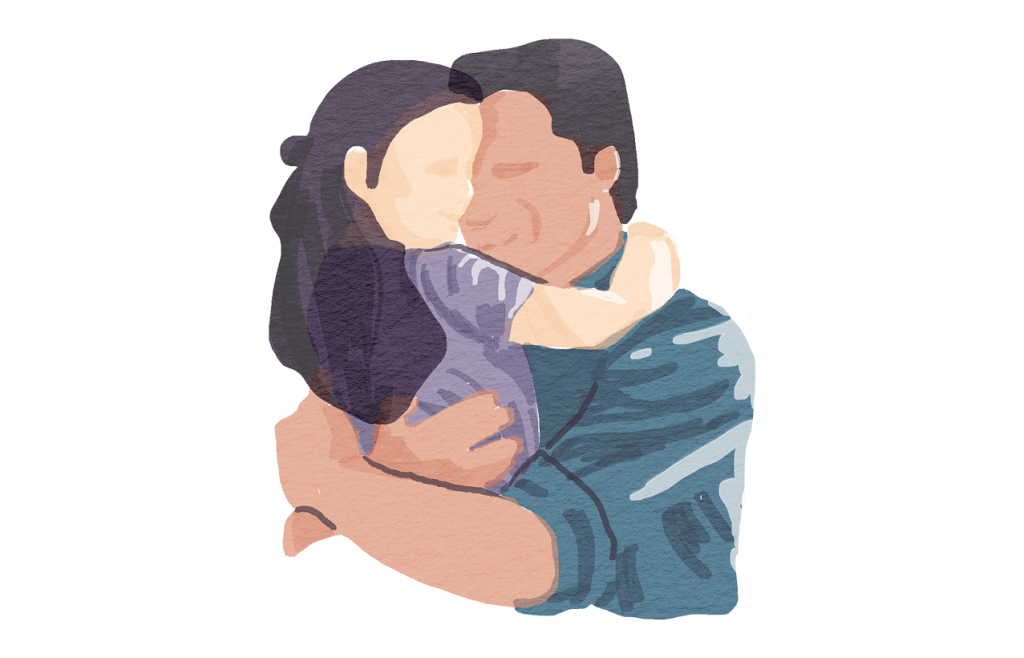
Renat Abdullayev says that his ex-wife also abandoned their child, so she pays alimony. He did not sue his ex-wife over the abuse, but receives undergoes psychological treatment with the alimony.
Renat believes that if the state combats the stereotype that “a man cannot be beaten” and pays attention to male victims of domestic violence in Azerbaijan, fathers may suffer less in this situation. And he wishes men who have suffered from abuse like him to be strong, smart and courageous.
Male victims of domestic violence in Azerbaijan


















